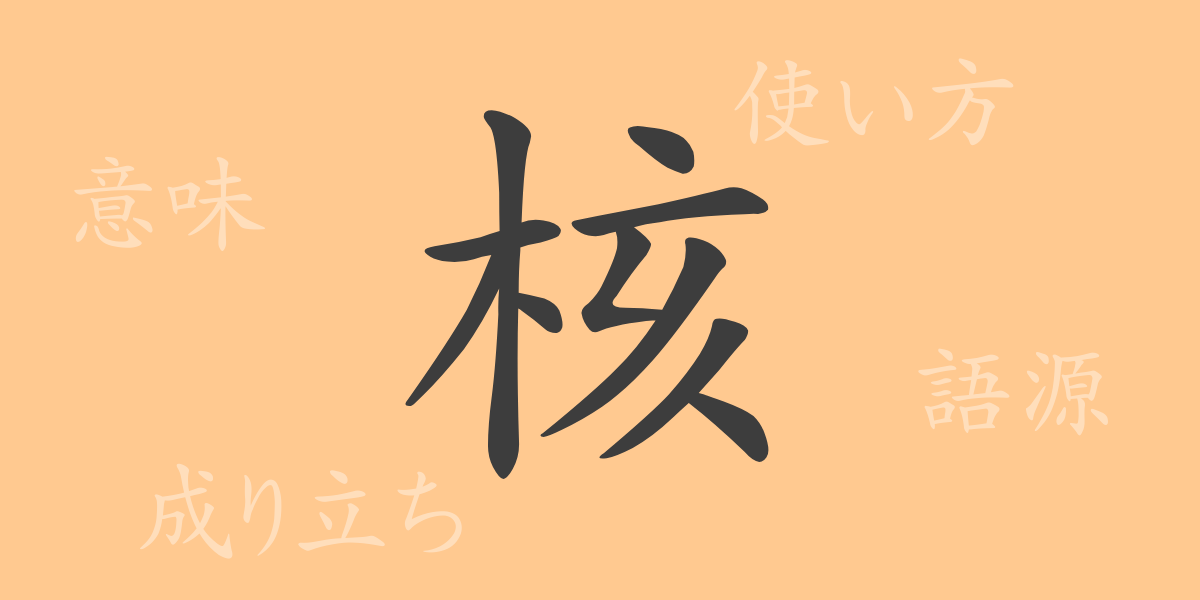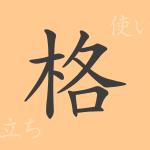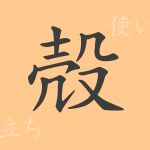The Japanese language contains thousands of kanji, each with its own unique history and meaning. The kanji for “nucleus” 核,(Kaku) read as “kaku,” is one frequently used in everyday life, seen across a broad range of fields from science to politics, and even in metaphorical expressions. This article shines a spotlight on the kanji for “nucleus,” delving deep into its etymology, contemporary usage, and even its appearance in idioms and proverbs.
The Origins (Etymology) of the Kanji for Nucleus
The kanji for “nucleus” 核,(Kaku) was used in ancient China to mean “the central part of a fruit.” Its etymology stems from indicating the “seed” or “kernel” at the heart of a fruit, which led to its use in referring to the core or essence of matters. The character for “nucleus” combines the radical for “tree” 木(Ki), read as “ki,” with “亥,” forming its current shape.
The Meaning and Usage of the Kanji for Nucleus
In modern Japanese, the kanji for “nucleus” 核,(Kaku) is used to denote central parts such as the “atomic nucleus” in physics or the “cell nucleus” in biology. It is also employed metaphorically to represent the “crux” or “main point,” as in the phrase “hitting the nucleus” 核心を突く(Kakusinn-wo-tuk-u), which signifies getting to the central point of a discussion.
Readings, Stroke Count, and Radical of the Kanji for Nucleus
The kanji for “nucleus” 核,(Kaku) has various readings and elements:
- Readings: The onyomi (Sino-Japanese reading) is “kaku,” while the kunyomi (native Japanese reading) is “tsubu.”
- Stroke Count: It has a total of 10 strokes.
- Radical: Its radical is “tree” 木(Ki), classifying it among kanji related to trees.
Idioms, Proverbs, and Phrases Using the Kanji for Nucleus and Their Meanings
There are many idioms, proverbs, and phrases that include the kanji for “nucleus” 核,(Kaku) . For example, “nucleus” 核心(Kakusinn) refers to the most important part or center of an event, while “nuclear family” 核家族(Kakukazoku) denotes a family structure consisting only of parents and their children. The expression “to remove the nucleus” 核を抜く(Kaku-wo-nu-ku)means to take out the central part of something and is often used when resolving a problem or weakening some force.
Conclusion on the Kanji for Nucleus
Each kanji is imbued with a rich history and meaning from its formation to the present day, and “nucleus” 核,(Kaku) is no exception. From scientific concepts to metaphorical uses in everyday conversation, this kanji is utilized in a variety of contexts. As a commonly used kanji in Japan, “nucleus ” 核,(Kaku) closely relates to our lives, evoking the depth of language and cultural background.

























